






The 8th Asian Historical Economics Conference







ANCIENT ROOTS FROM QUANTITATIVE PERSPECTIVES
Explores prehistoric and historical China through archaeological data and discoveries.
CULTURE, RELIGION AND LONG-TERM CONSEQUENCES
Examines religious interactions and economic impact on China's development.
STATE CAPACITY, INSTITUTIONS AND DEVELOPMENT
Quantifies state capacity in historical China, examining evolution and impact on outcomes.
FINANCIAL HISTORY, TRADE AND THE RISE OF HONG KONG AS A FINANCIAL CENTRE
Examines China's financial development, historical influences, and trade dynamics.

ANCIENT ROOTS FROM QUANTITATIVE PERSPECTIVES
Explores prehistoric and historical China through archaeological data and discoveries.
CULTURE, RELIGION AND LONG-TERM CONSEQUENCES
Examines religious interactions and economic impact on China's development.
STATE CAPACITY, INSTITUTIONS AND DEVELOPMENT
Quantifies state capacity in historical China, examining evolution and impact on outcomes.
FINANCIAL HISTORY, TRADE AND THE RISE OF HONG KONG
Examines China's financial development, historical influences, and trade dynamics.
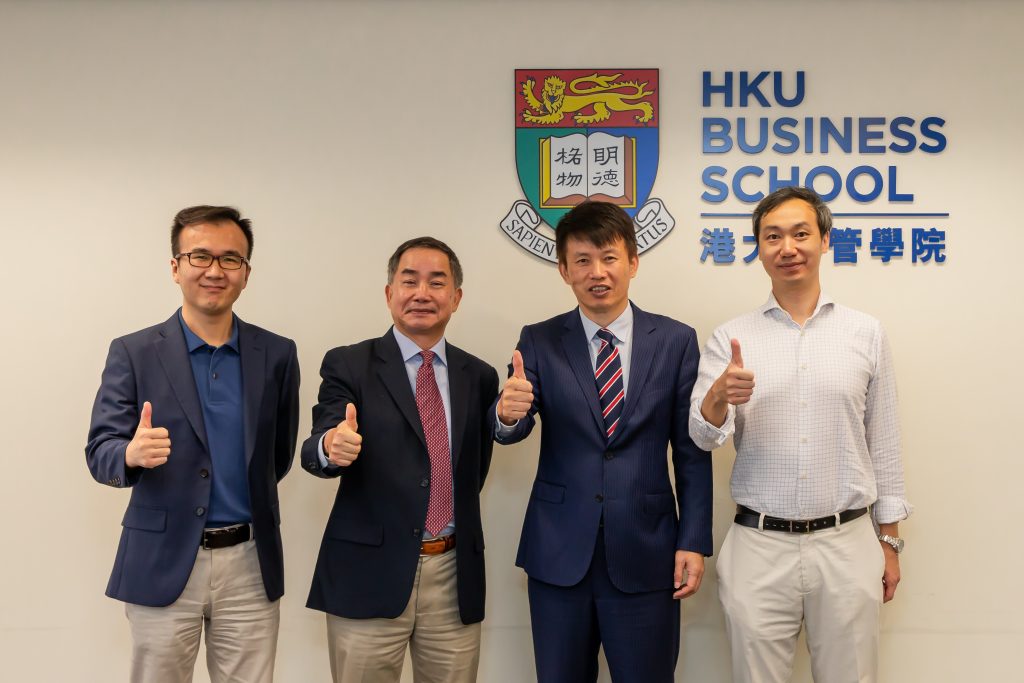
Area of Excellence (AoE) Project
Quantitative History of China:
Historical Roots of Recent Success and Future Development
“Uniquely among nations, China has a wealth of historical and archaeological archives covering almost all aspects of society, from politics to business, law and regulation, crime and unrest, family and lineage, culture and customs, religion and social organisation and science. Many of these records have been recently digitised, offering quantitative historians an unprecedented opportunity to re-examine various aspects of China’s past.”
Professor Zhiwu Chen
Project Coordinator
News Highlights
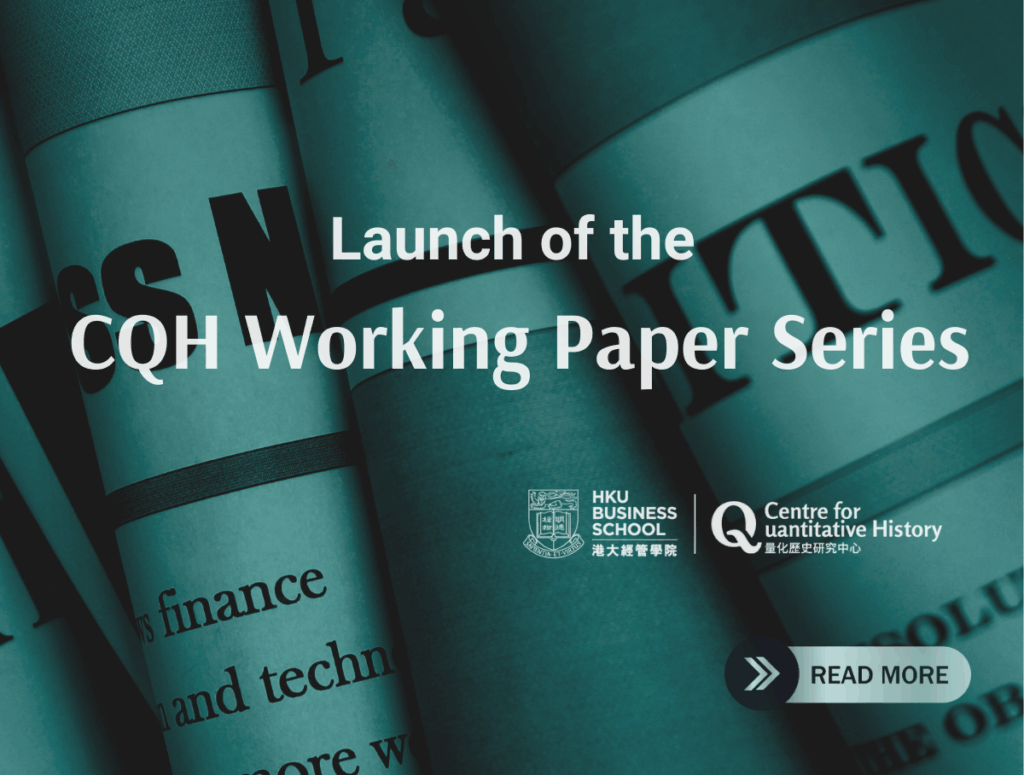
We are excited to announce the launch of its inaugural Working Paper Series, aimed at fostering innovative research in the field of quantitative historical analysis. This series will provide a platform for scholars to share their findings, methodologies, and insights, promoting interdisciplinary collaboration.
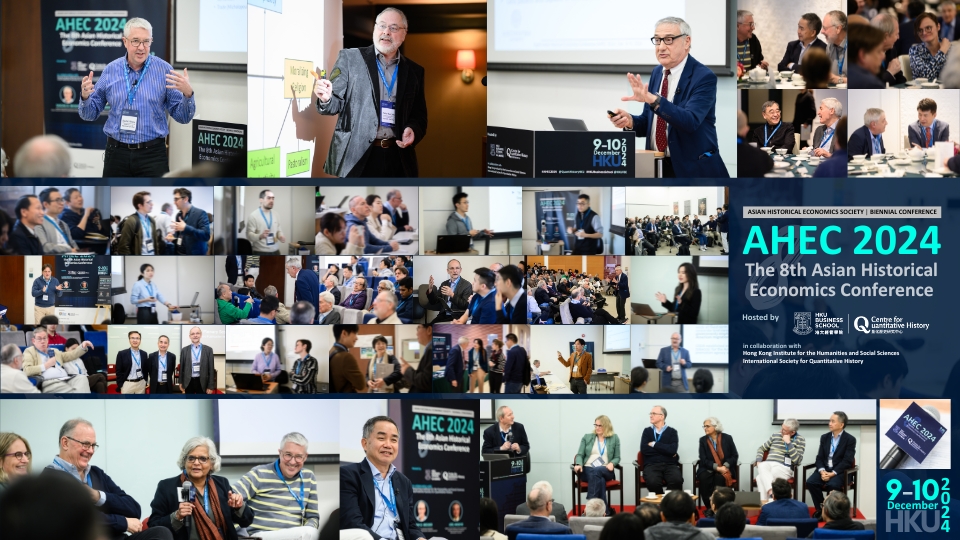
Held on December 9-10, 2024, the conference brought together more than 160 attendees, comprising leading economic historians, economists, other academics, young researchers and students working on the economic history of all regions of Asia, as well as those comparing Asia with other regions.

We are thrilled to share that our Centre has introduced an engaging new PhD level seminar course on Quantitative History at the HKU Business School.
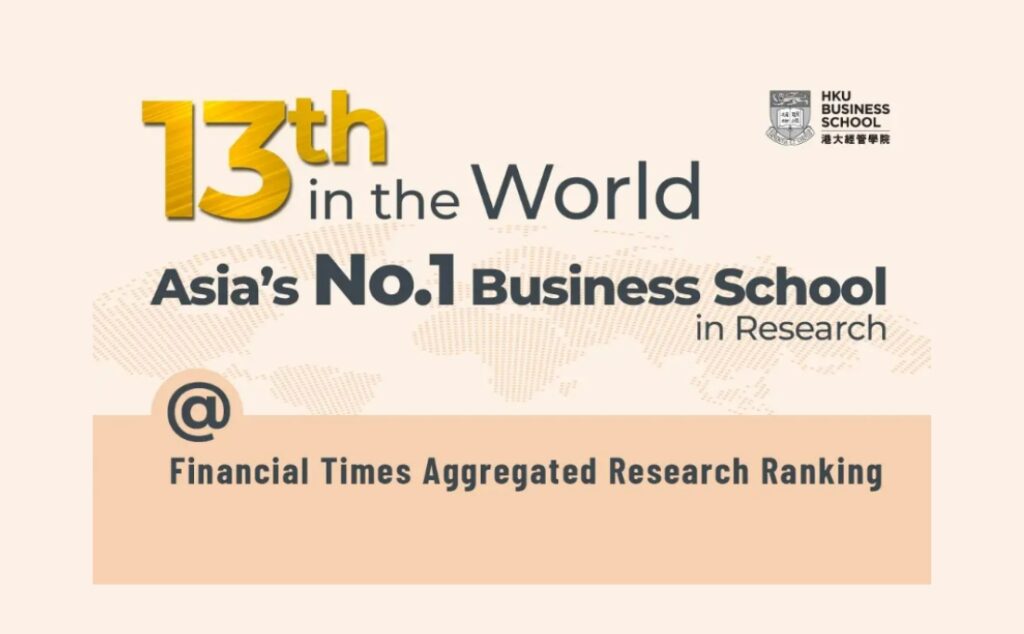
We take pride in the integral role our Centre plays within the School’s vibrant research community. Our continuous commitment to advancing knowledge and addressing critical challenges remains at the forefront of our mission.
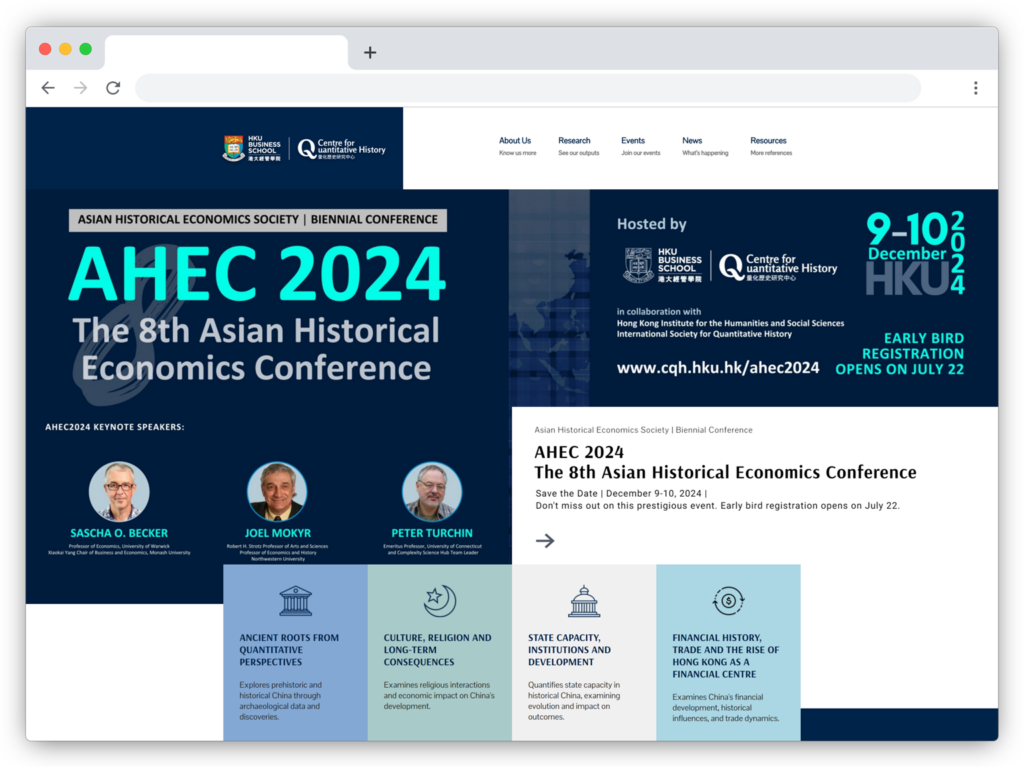
We are delighted to announce the launch our new CQH website, featuring revamped content, improved navigation and a refreshed design.

Sign Up for News

Join Upcoming Events
Quick Access
Begin your discovery with just one click, effortlessly.



